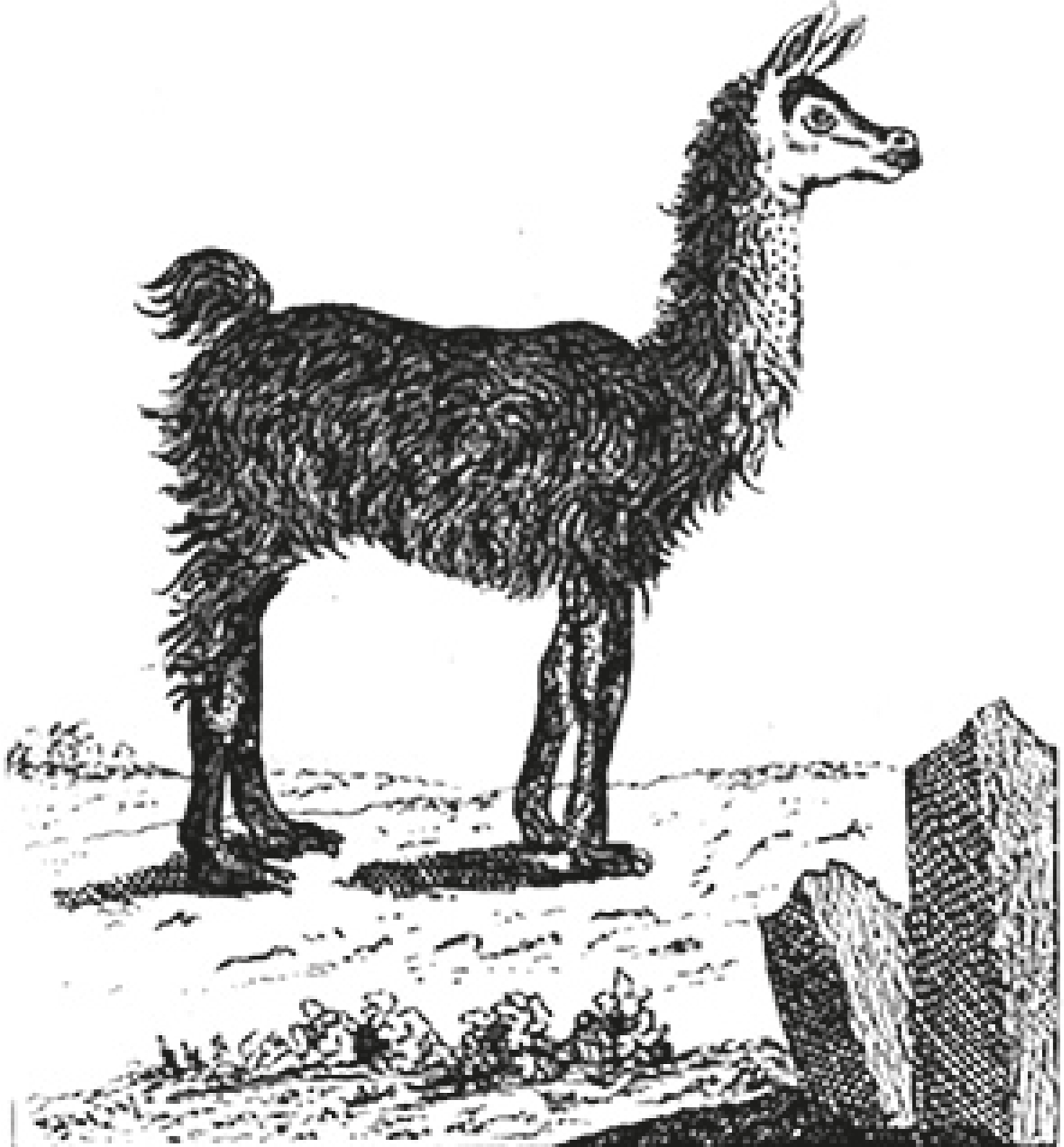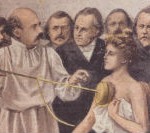June, 2018
The paper Cancer in Ceará: shaping a medical and social problem, 1940-1954, published in our current issue (vol.25 no.1 Jan./Mar. 2018), addresses the shaping of cancer as a relevant medical and social problem in the Brazilian state of Ceará from 1940 to 1954.
While this disease initially garnered little importance and was considered a problem for philanthropy, a group of physicians and allies brought cancer to the public health agenda and led to the Campaign Against Cancer in 1954.
Araújo Neto, Luiz Alves and Teixeira, Luiz Antonio. Cancer in Ceará: shaping a medical and social problem, 1940-1954. Hist. cienc. saude-Manguinhos, Mar 2018, vol.25, no.1, p.181-198. ISSN 0104-5970
Related articles in Manguinhos:
Cancer, women and public health – Researcher Ilana Löwy follows the early history of the pap test, its consequences and controversies.
Cervical cancer in Brazil – Despite the dissemination of preventive measures, cervical cancer remains a serious problem in Brazil.
Cancer and public health in the first half of the twentieth century – Article by Luiz Antonio Teixeira
Cancer genetics in Cuba and Brazil – This ethnographic study traces the perceptions of doctors and patients undergoing genetic tests.








